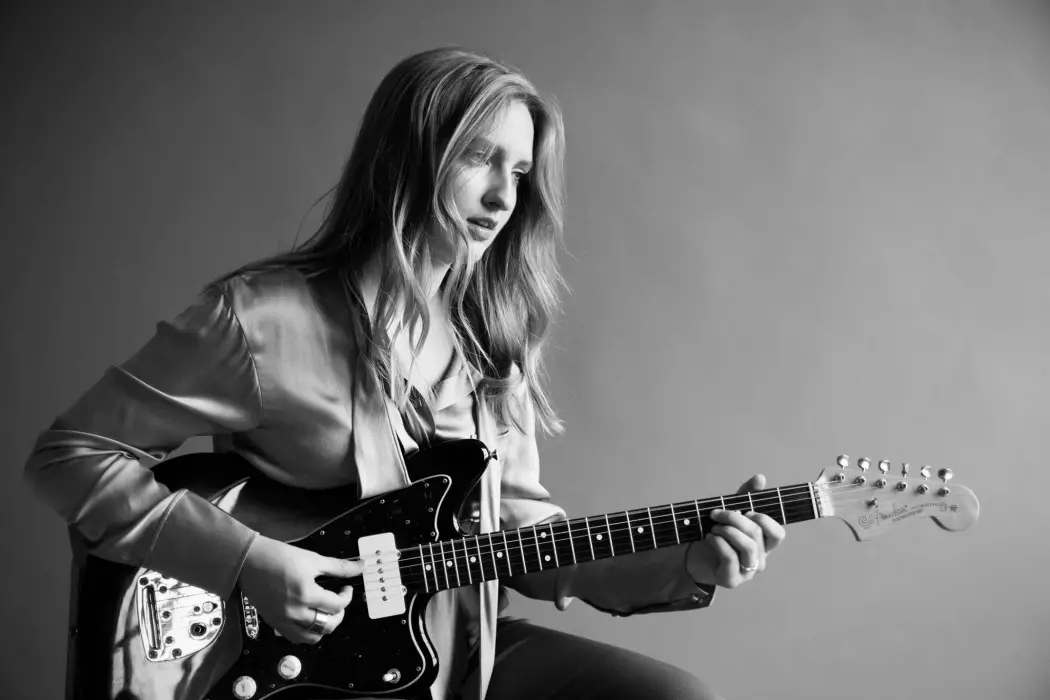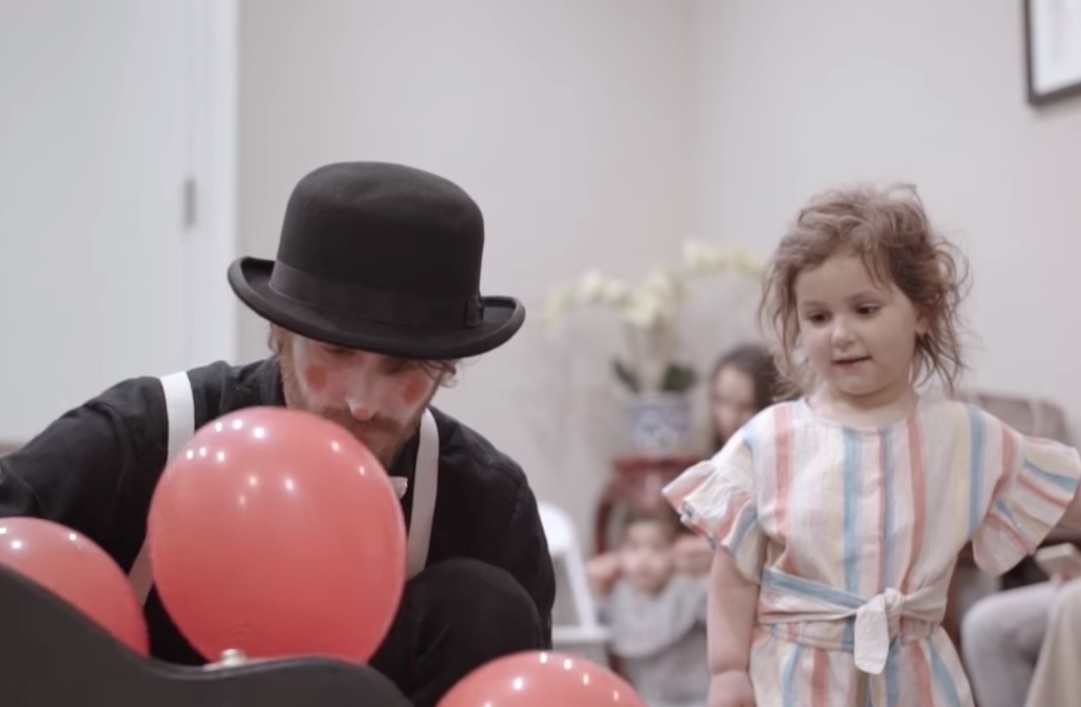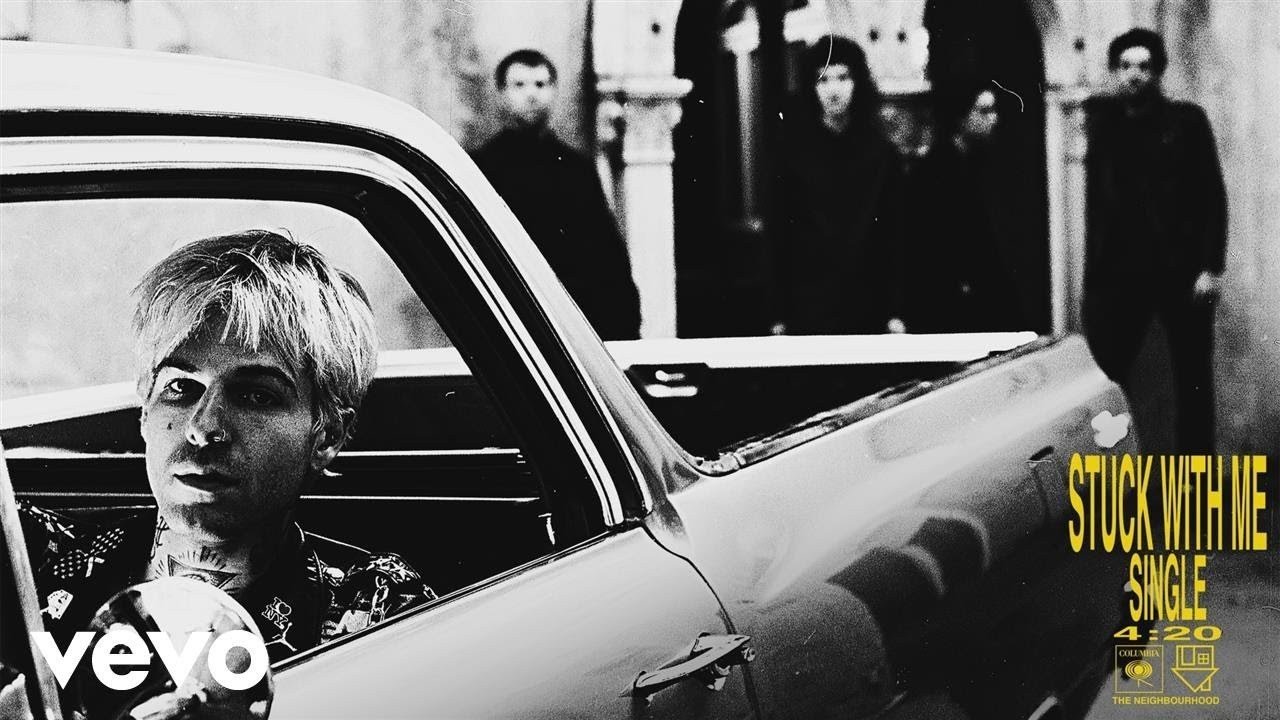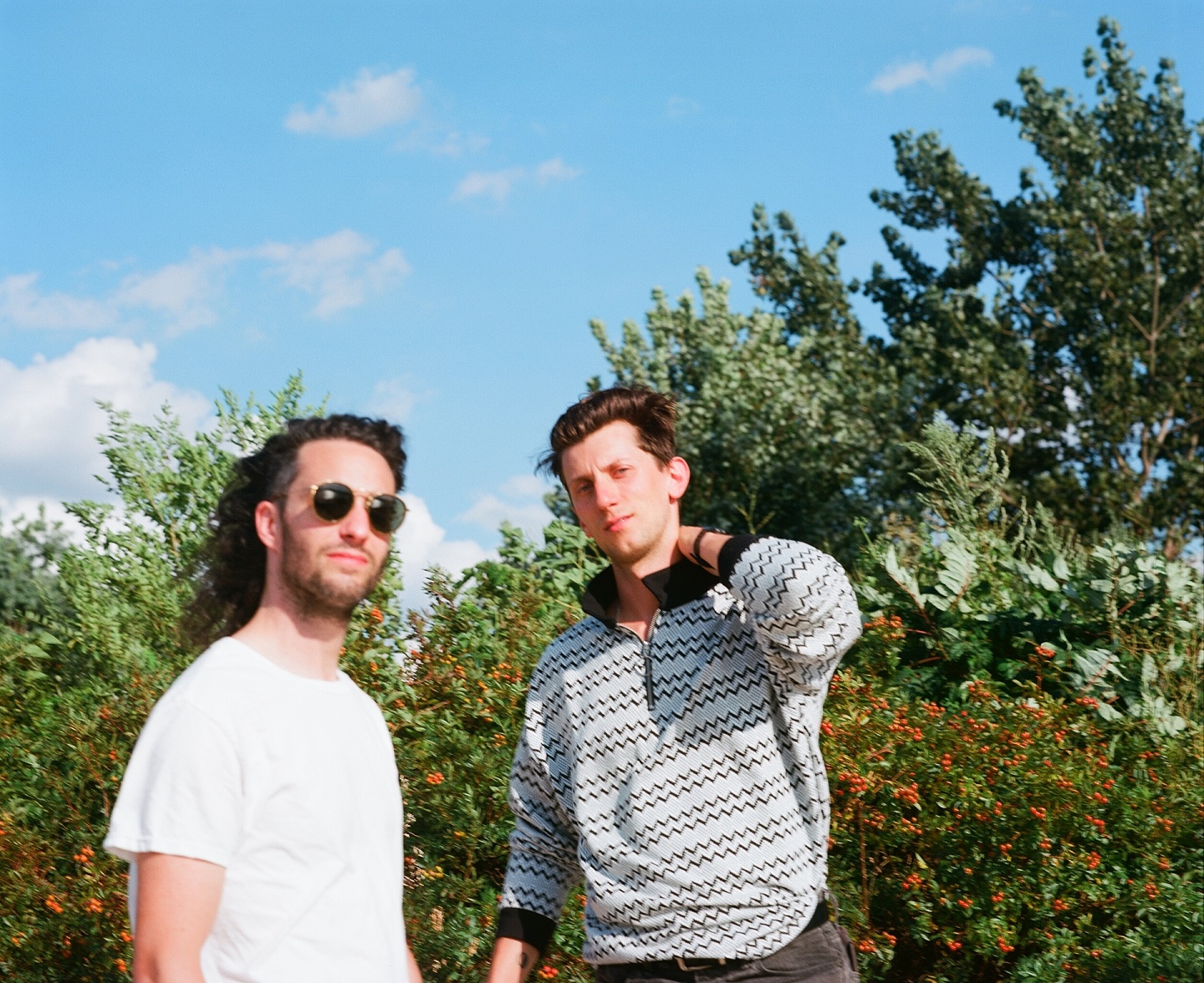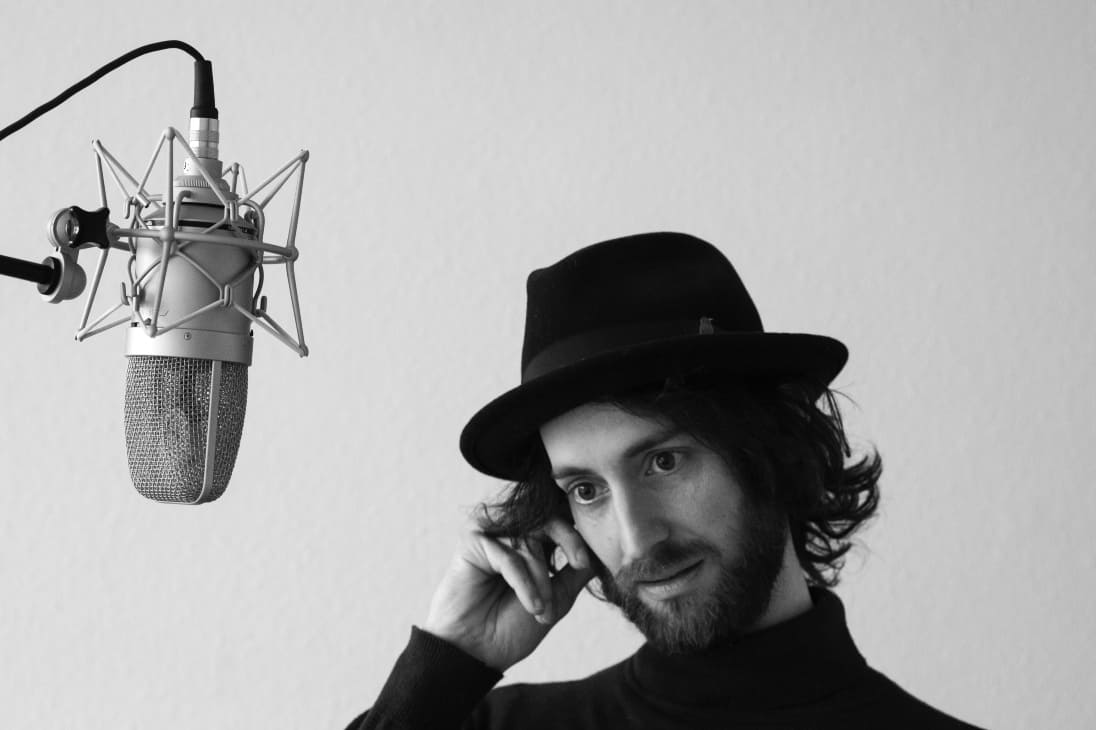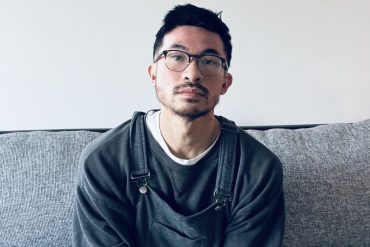Atwood Magazine speaks to folk-rock musician Madison Cunningham on her new album Who Are You Now?, electric guitar, and taking inspiration from fiction.
— —
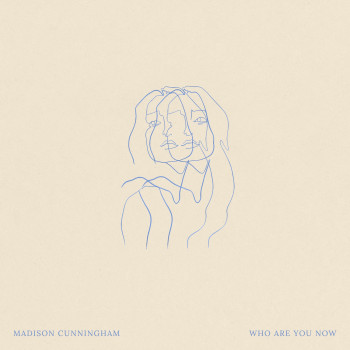
There’s a certain kind of sweetness that emanates from every crevice of Madison Cunningham’s new record, Who Are You Now? Even in her most badass moments of electric guitar playing, her warm voice comes through like a fairytale. In ways, the entire album feels like one.
Released August 16, 2019 via Verve Forecast Records, Who Are You Now? is a guitar-driven record, full of twisting, meticulously arranged parts and interlocking melodies. It’s almost labyrinthine; you could get lost in her swirling words, her throaty, and yet somehow airy vibrato.
There are moments of swelling calm, like “Something To Believe In” and “Dry As Sand,” and moments of buoyant flippany: “Pin It Down” and “Plain Letters.” There are tinges of jazz, tinges of classical influence, and it’s all fully Madison Cunningham. Who Are You Now? is a mature, newly realized version of the songstress, sure to put her in a position of much admiration.
Atwood Magazine spoke to Madison Cunningham ahead of the album’s release about singing to yourself, Sylvia Plath, and good car music.
Listen: Who Are You Now? – Madison Cunningham
:: A Conversation with Madison Cunningham ::
Atwood Magazine: This is your first LP in five years. What has the process leading up to it been like? You were 17 when you made Authenticity, right?
Madison Cunningham: Yeah, well, 16 when we started making it. I grew up playing music so I felt like 17 was really old. I’d wanted to put out a record when I was 15 and I’m really thankful that I didn’t, ‘cause that record would not be existing on platforms right now, I’m sure. I’m always very close to taking the other one down, because it doesn’t feel relatable anymore. It was just a different time and it makes me embarrassed [laughs]. I’m sure you know how that is. When you’re 17, there’s a lot that is undiscovered.
The recording process of this record was different, at least different than anything I’d experienced. There was a lot more muscle behind it in the sense that there were a lot more people involved and that was my first time making a full-length record with those sort of eyes and ears on the case. That was, in ways, a little bit stressful to me, I’ll admit. I was putting pressure on myself that no one else was putting on me and which didn’t need to be there, but I wanted to do a really good job. The producer that I’ve been working with and actually recorded that first album with, Tyler Chester, came up with the idea to record at a destination studio. He chose Sonic Ranch in El Paso, Texas, and the idea was to be writing all year in LA and then to take those songs and record them live with whatever musicians we chose. And it was really helpful, just being in this scenario where there wasn’t a big city around the corner, or there weren’t a bunch of friends who could just pop in and see how the process was going. It felt like, we get to make this how we want to make this right now, with no interruptions, and with as much time as we need. It proved to be really productive and helpful for me, and really made me consider doing that again – just getting away and out of LA.
That bubble of the recording studio can be so comforting.
Madison Cunningham: Yeah, exactly! It can be so disruptive if there are too many people crowding the control room, or there are too many opinions. To get away from that and to surround yourself with a few opinions that you trust, I think it’s essential and important.
A lot of this record seems very '70s folk-rock inspired, and I know you’re a big fan of Joni. I also hear a lot of Carole King here. Was this a conscious decision for this record or is this the style your writing has unconsciously taken on?
Madison Cunningham: Yeah, I mean I would say consciously, those are some of my inspirations, to sort of be a songwriter that could be like them. They’re definitely the mothers of songwriting. But I think what I tried to do with this record was to make the electric guitar guide the songs. I went with tones that I liked and I think that was more subconscious. I wasn’t necessarily trying to dig into the 70s basket, and try and, you know, find something that was a perfect fit to that era. I wanted to find something a little more progressive, but something that I could really play live, and could translate well live. To create that sort of mobility in a song, I wanted to really make sure I could lean on the guitar parts, and they could stand. That was the decision there.
I saw you open for Punch Brothers last year, where you played solo. The first thing I noticed was that your guitar parts are so meticulously arranged, rather than just an acoustic strumming. Is there a version of your music you prefer to play live?
Madison Cunningham: It’s gone back and forth – I found a stride in playing solo on that Punch Brothers tour, just because I did it every night and set up my whole set to work under those circumstances. But I do think that having the camaraderie of the band, and that sort of depth, having a couple other players with you, is really special to me. There are certain songs that I wouldn’t play solo, that will be on the new record, that just need the band. Definitely for this record, I prefer having a band with me.
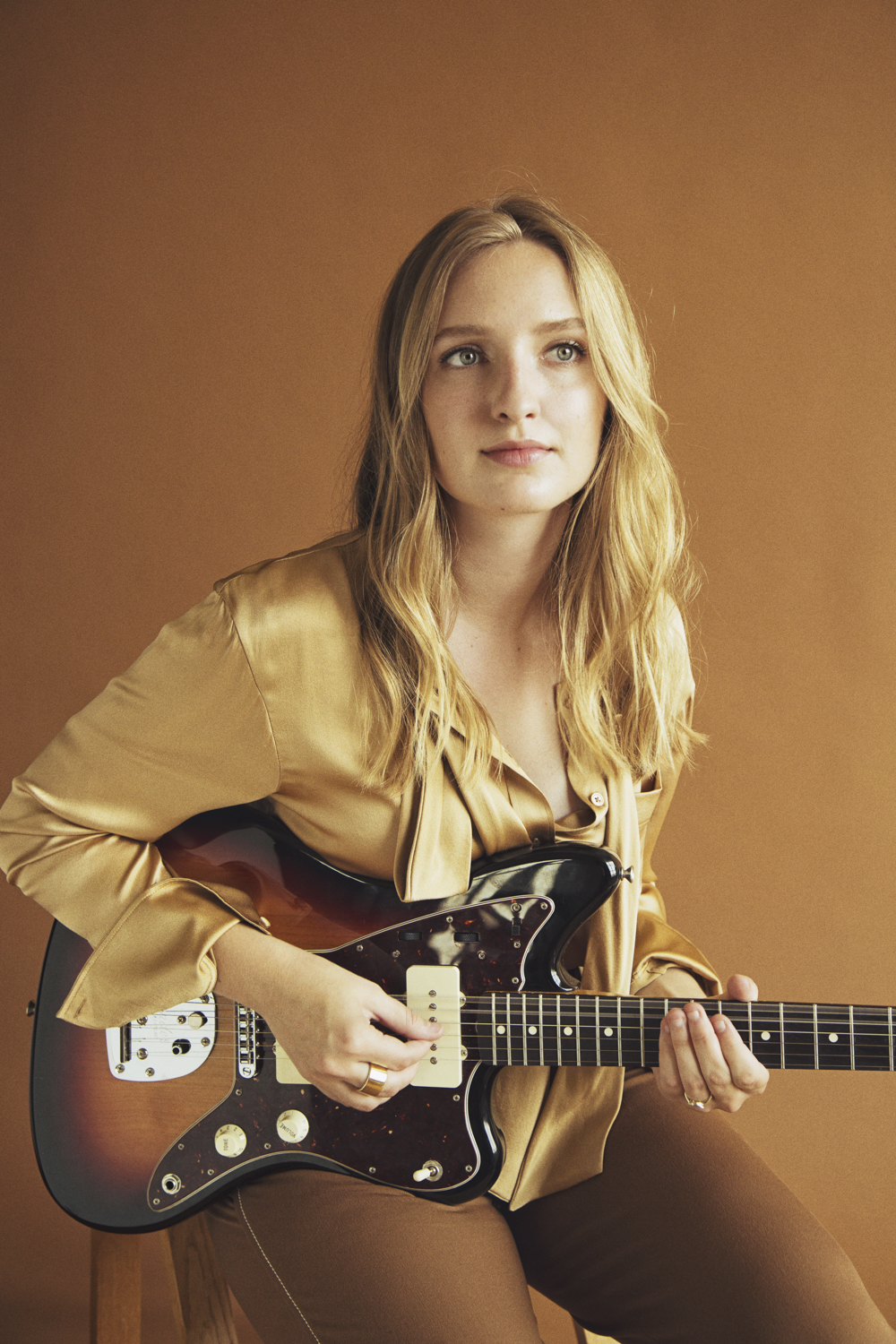
When you write, do you often have full band arrangements in mind or does that come later? What is your writing process like?
Madison Cunningham: Yeah, it depends. Sometimes I can see sort of the end of the song at the beginning of it, and I can hear where the drums will go and hear a bass part, or there should be keys or some extra melodic thing. But usually my main concerns are making sure I like the chords and the melody, and mainly the lyrics. That’s always a big driving force for me. And then, just because I’ve been working with Tyler for so long, it’s so easy for me to just send a song over to him and for him to just know what it needs, so I’ve relied on him for that. But there are definitely songs where I’m like, it’s very clear to me that this needs this extra subdivision thing, so yeah. It definitely changes all the time.
Many of these songs are written in second person, and its title includes a question in second person as well. Can you talk about this decision and what this means to you?
Madison Cunningham: That’s a really awesome observation and helped me a little bit. Some of the songs are written specifically for friends, and one of them is written for an author that I really love, Sylvia Plath. A few I think are written for my husband. But a lot of the songs, I wrote them in second person because even when I’m addressing someone and saying “you,” I also feel like it could be me. The songs that I write, it sort of plays both parts. Even though I might be singing to someone specifically or singing about a specific scenario, I could definitely be the person on the other side of that. I think I have to write songs that way in order to relate to them. It definitely goes with the title. I wanted to make the title addressed to myself, but I also wanted to make it sort of outward so the listener could read that title and maybe be a little like, “Oh!” (laughs)
That’s a really interesting way of doing that. I actually find myself doing that very often. When I write in first person sometimes, I get very self-conscious of what I’m saying, and it helps to talk to myself, or in some ways even implicate the listener.
Madison Cunningham: Yeah! And it helps to bring a person in, like even in interviews if I feel like I’m not having a conversation, then the idea somehow gets sidetracked and inward. I just think it always helps in a song to have someone else in it, just to talk to you – whether you’re talking to a voice in your head or you’re talking to someone. It’s a helpful crutch. Not just a crutch, but it can be essential to getting a story across.
It‘s an interesting literary device too, because it‘s so rare that you see something written in second person. It‘s a more unique thing.
Madison Cunningham: Right.
So you mentioned Sylvia Plath. Do you find that there are specific people who influence your lyric writing or where you draw lyrical inspiration from?
Madison Cunningham: Authors are my best friends, I think, when it comes to writing. I get inspired by listening to other songwriters, but the more that I read books, the more I write songs, for whatever reason. It gives me sort of a path of something, and then an idea. With an author, even though credit is due, there’s no melody to put to those ideas, and it’s easier to find a song. I’m always making sure that I’m reading a book, or at least pulling out poetry. Sylvia for sure – she has a few poetry books that I read often, and I’m reading her book The Bell Jar. I also find that narratives specifically help me as well. I love poetry, but I love a really good story, as well. Sometimes I’ll literally just walk into a bookstore and I’ll pick up a random author and read to see what I find and let that resonate with me.
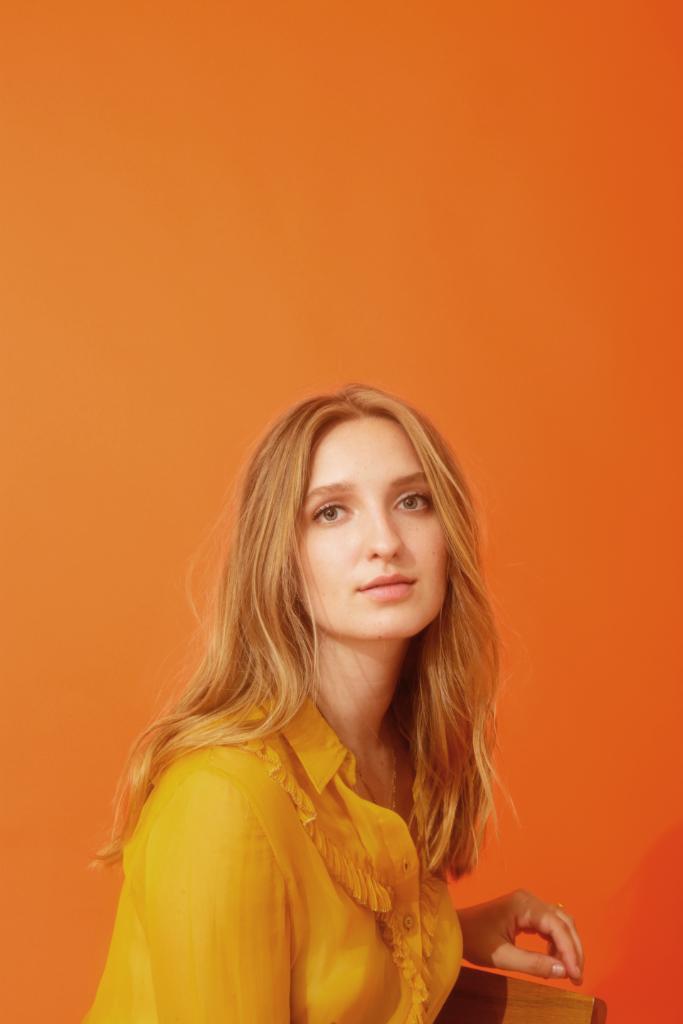
Do you think there are musicians or writers who influence your work in ways you wouldn’t have expected? Even if their style is entirely different from yours?
Madison Cunningham: Yeah. I think Elliott Smith is a good example. He’s not necessarily stylistically what I ever lean on or go for, but he’s just such an original. I always find myself wishing I sounded like that, just because it’s so distinct and so realized, and the lyrics are so incredible. Neil Young, as well. Even though he’s 70s, he’s still not necessarily the style that I get excited about, but like, one of my favorite songwriters. Some of the most beautiful songs, and the guitar parts as well. You can hear in Neil’s playing, he’s not classically trained. He’s just all straight from the heart, and I love that sloppiness, ‘cause it’s so real and exciting to me.
Obviously this is a dense record, and I’m sure all these songs mean something very particular to you. But I’m wondering what song means the most personally to you on this record and why?
Madison Cunningham: Gosh, I think “Something to Believe In.” That one, I really enjoy playing every time. There’s always something in my life that makes it true for me. Even though I wrote this song for my husband, but I still feel like someone is singing it to me. Sometimes the world can feel bleak, and in that line, “I need something to believe in, can I believe in your love?” – sort of the desperation in it makes me feel comforted in some way.
It’s got very much a lullaby sound to it, as well.
Madison Cunningham: Right, it’s peaceful in a way. I think that might be one of my favorites. I can always tell when a song is comfortable and exciting to me is when I’m thrilled to play it live, and play it over and over again.
I notice in that song and a couple of the others, like ”Lookin‘ Alive,“ there are a lot of jazz or classical elements. Can you expand on where those sounds come from for you? Were you trained in these at all?
Madison Cunningham: I wasn’t, no. I’m self taught, and I did some classes on theory as a kid, and it never stuck with me. I was always really good at ear training, so I just listen to a lot of classical music, or artists who have been inspired by classical music, and it has definitely inspired twists and turns in my music. I just feel drawn to those colors, instead of a certain arrangement of chords. I feel like I can sing in the pocket of more of a jazz-driven or classically-driven song.
You mentioned that your first album feels distant to you now. How do you feel your sound has evolved over the course of your career so far, or where are you hoping to take it?
Madison Cunningham: It’s been different. The first record is actually very electric-guitar based, at least, that’s how I wrote the songs, whether they translate that way or not. The next record is pretty acoustic-driven. I played acoustic a lot as a kid too, so it was nice to get that thing out. And then back to electric, ‘cause that’s what I play with and practice with and write with. I think for the next record, just to see what else I can do with guitar-driven music and writing better songs. I feel like my concern is not necessarily the sonics of it, but to keep searching after writing better songs
Your guitar has such a distinct sound to it, so I think that’s a cool direction to go in.
Madison Cunningham: Yeah! I’m excited about where it is now, and it does have a bit of a sound, and I don’t want to abandon that yet. I could definitely see going down a more acoustic path eventually, but I’m liking this stage.
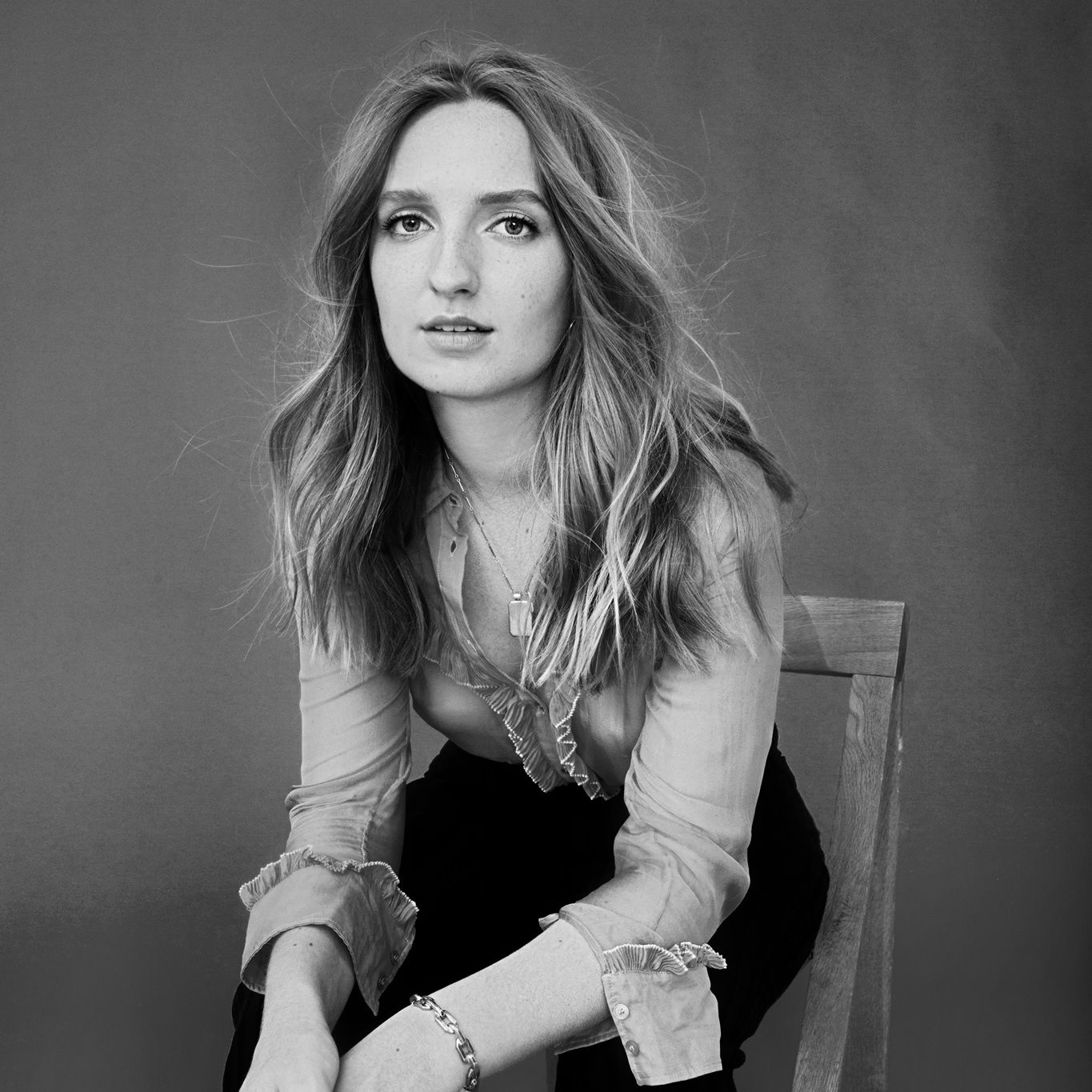
What do you hope your listeners take away from this record?
Madison Cunningham: I think what we were talking about earlier. If people were just to walk away with my stories, then I think the idea was too small. I hope – I think any songwriter’s hope is that they’ve created something relatable and timeless for someone else, and not just for themselves. I’m hoping that people who are fans already or weren’t fans before will be able to hold it up like a hand mirror in some way, and really just enjoy the songs. I just hope they enjoy the songs, and there are things they want to put in their car while they’re drivin’. (laughs)
I actually listened to it in the car yesterday, and I can say it’s good highway music.
Madison Cunningham: Oh, good! I’m glad you tested it out.
Thank you so much for talking to me today and congratulations on this beautiful record!
Madison Cunningham: Thank you, I appreciate it. And thank you for taking the time to talk to me as well!
— —
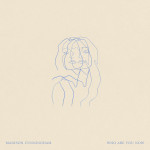
Connect with Madison Cunningham on
Facebook, Instagram, Twitter
Discover new music on Atwood Magazine
? © Clare Marie Vogel
:: Madison Cunningham Tour 2019 ::
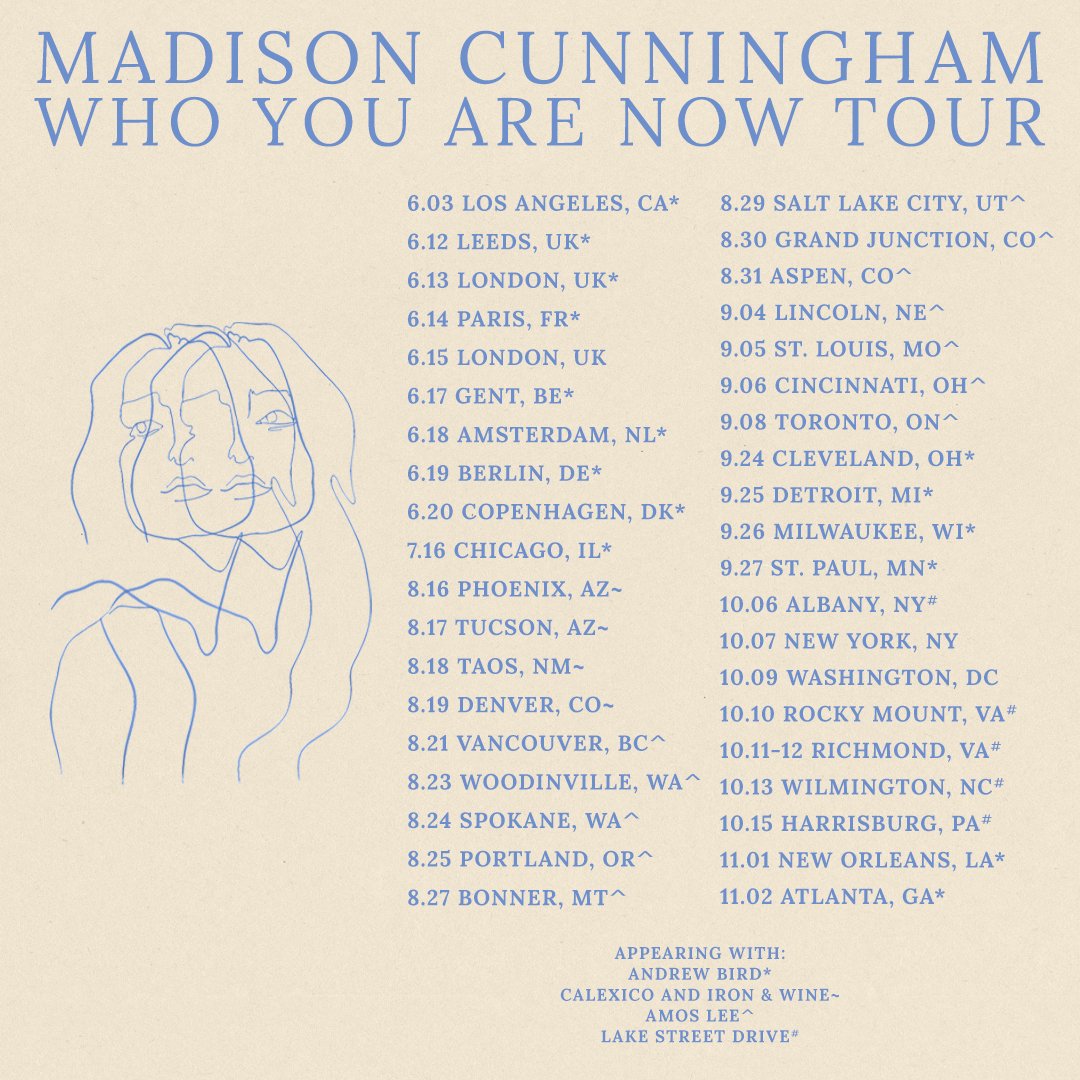
:: info & tix on madisoncunningham.com ::
:: Stream Madison Cunningham ::

